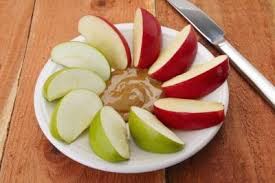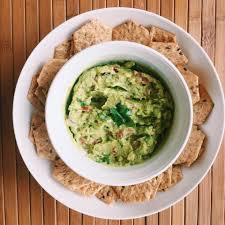A year ago we moved my Mother in with us for her care and safety. Being with us covered the safety part. Thankfully, she is healthy and able to care for herself but we suspected she was not eating enough given her decreasing weight. We focused on making sure she had healthy balanced meals to eat; however, several nutrition-related factors experienced by the elderly can make eating difficult.
A decreased sense of taste, delayed sense of thirst and dental issues are just a few major issues that impact seniors. These can lead to missed meals, undernourishment, and dehydration which can worsen existing health issues or lead to new ones. Quick and easy food options tend to be the fallback for seniors for a variety of reasons; however, these options are not always the most nutritious. This coupled with limited budgets experience by some drive seniors to buy packaged food high in sodium and sugar. These are not ideal if high blood pressure, diabetes, or other health conditions are present. Some better meal choices are as follows:
Breakfast: low sugar packaged oatmeal, cereal & milk, yogurt, boiled eggs
Lunch: bagged salad, can tuna/chicken
Dinner: low sodium frozen meals that offer balance; a protein, vegetables, and grain.
Snacks: fruit cups in natural juices, cheese sticks
Fluids: water, tea, coffee (in moderation)
When cooking meals for your family, make extra, freeze it to provide a balanced quick meal to share so your family member or neighbor always has access to good food and feels loved and cared for.
Please check on your elderly loved ones and/or neighbors. Make sure they are eating at least 2 to 3 meals a day and drinking enough fluids to stay hydrated. If you notice changes in their weight and behavior, seek assistance from family members or close friends who can get them medical attention as soon as possible.
Reference: Nutrition Through the Life Cycle Judith Brown et al, pg. 461-463










